
Up until about 8 years ago, Derek Tan didn’t even know what a cajòn was. Today, mention the name TiMOZ, and anyone who is familiar with this brand would attest to the quality (both in sound and craftsmanship) of these cajòns.
Born and raised in KL, Derek was a guitarist in a band when he first heard a cajòn being played at a youth prayer gathering. Intrigued by this portable drum that would make life a lot easier for their band to do gigs, he asked if he could take a look at the simple box of an instrument.
He started scouting music stores in Malaysia and found that good sounding cajons were quite expensive and cost over RM1000. He also found that although he really liked the concept of the cajòn, he didn’t like the sounds of the ones he encountered in music stores. It seemed uncomplicated enough, and so he thought, “Ok, let me try to make one!”
A trained IT engineer, Derek also has an interest in mechanical engineering. “From young, I’ve always been taking things apart and putting them back together.” Derek said. “My parents gave me encyclopedias of how things work when I was a child. I used to tinker with cars, radios, computers and build my own speakers.”
So just for fun, he made himself a cajòn. He made it for his band and church, and started to think, “This is a great tool for mission trips.” Sure enough, his missionary friend tried out his cajòn and really liked the sound it produced. He became Derek’s first customer, and was also the one who encouraged him to turn it into a business.
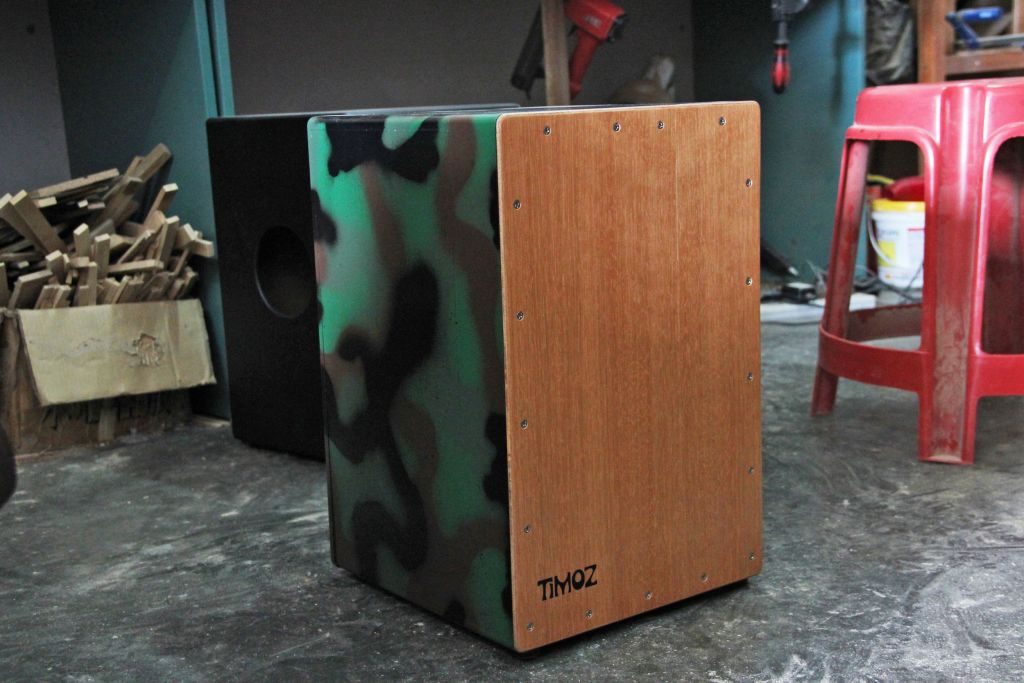
At this point, Derek was an IT engineer with a company in Kluang. He had previously been involved with YWAM (Youth With A Mission) where he was posted overseas. During that time, he encountered several people who spoke into his life saying that they saw him in a vocational ministry that brought him in and out of Malaysia.
Upon his return to Malaysia, he prayed for direction and received an invitation from a friend to work with an IT company in Kluang—a tiny town in the southernmost state of Malaysia.
Interestingly, this was not the first time his friend was asking him to make this move. Even before he joined YWAM, he had already been asked to move to Kluang, but swiftly declined, his reaction being something along the lines of, “Kluang? Are you kidding me? No thanks.”
This time, however, the idea didn’t seem quite as incredulous. He went down to Kluang to take a look and felt peace in his heart about settling there. He also learned that although he would be based there, he would be travelling most of the time—something that coincided with what people had said he would do. So he moved to Kluang and worked at that IT company.
In his five years with that company, he was only in Kluang for a total of about three years. The rest of his time was spent in Vietnam, Bangladesh, India, Indonesia, and other countries. Having always had the heart for missions, he used the time he spent in the various places he visited to interact with the locals, see their culture, and share God’s love with them.
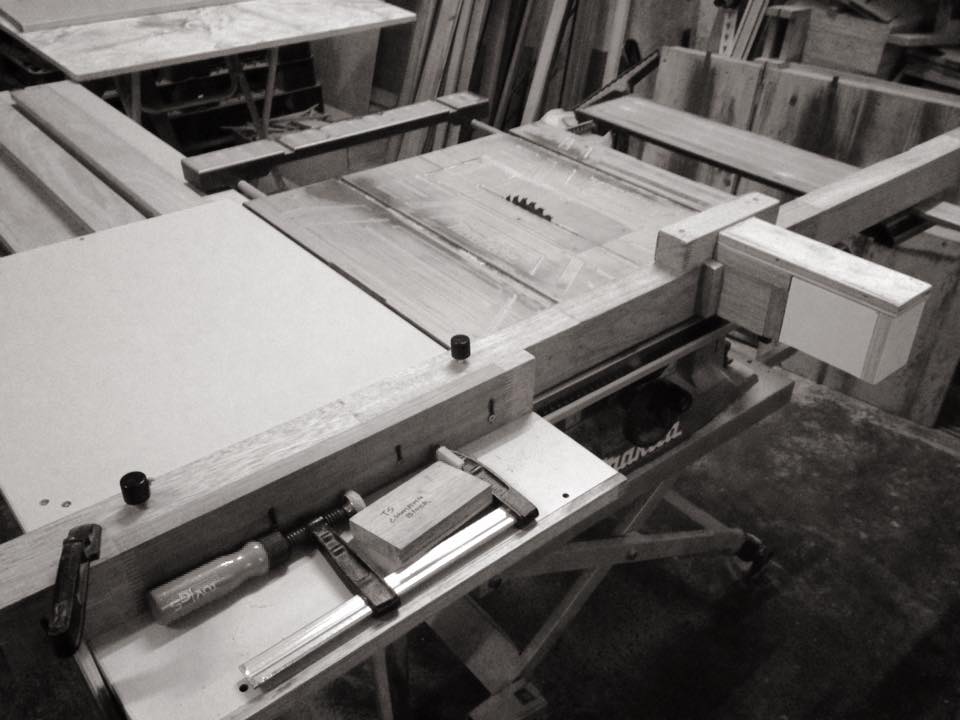
After some time, he felt God prompting him to start something that would allow him to help anyone off the streets. His boss had started the IT company with a vision of creating jobs for people and boosting the economy. Derek caught that part of the vision, but also realized the limitations with an IT company, as it requires workers to at least hold a degree in industrial or IT engineering to advance in that field.
Needless to say, his cajòn-making skills came along in a timely manner. By starting his own line of musical percussions, he was able to take in people who could greatly benefit from learning a marketable skill. He named the company TiMOZ. “Timo” comes from “Timothy,” which means “One who honors God,” and “Z,” being the last letter of the alphabet is a representation of his commitment that his company will honor God until the end.
Since starting his business, Derek has hired a variety of different underprivileged people. From homeless mental hospital outpatients to young men struggling to support their families, Derek has taken these individuals under his wing, given them a place to live if necessary, and trained them to make top quality cajòns.
But his service to them did not stop there. He taught them financial management and personal discipline, introduced family planning and helped to manage family situations, counseled them, and walked them through many concepts that we may take for granted as common sense.
Through these experiences, Derek has seen God work in his own life. “It was hard and there were times when I felt like tearing my hair out, but I believe that these few years have been about learning what it means to get down in the dirt and doing real groundwork.”
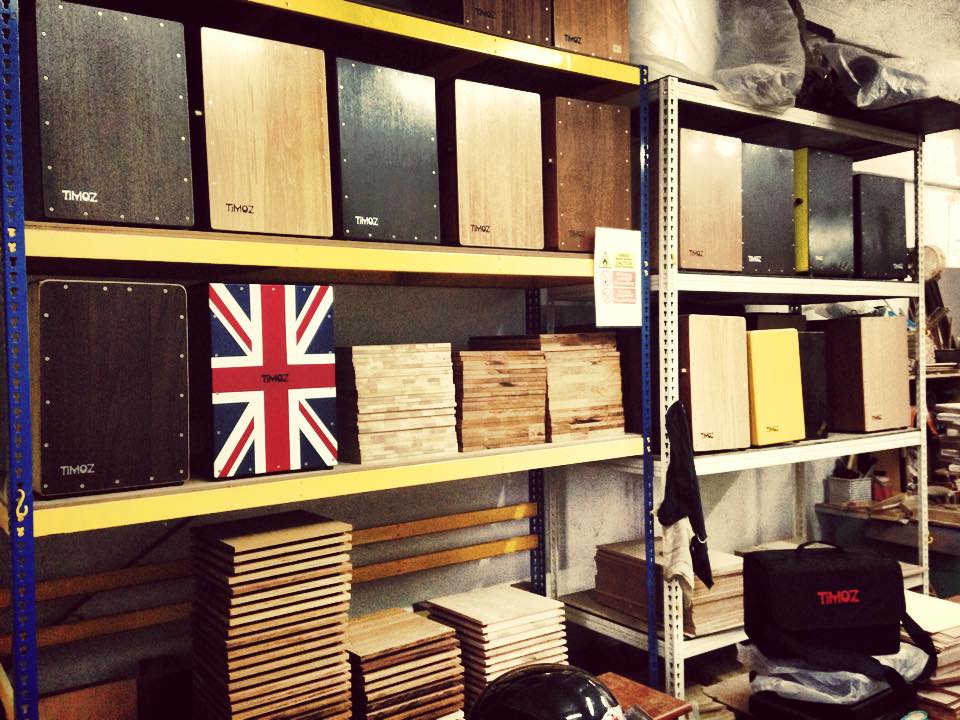
Living with his workers, eating with them, learning to understand the way they think and what motivates them has taught Derek how he can really help them in an effective way.
“I realized on thing,” Derek said. “Bringing people out of the poverty cycle requires two things: Education and business. Education takes a whole generation. I chose the business route to meet the immediate need of the many people who are already caught in this cycle.”
His workers have all since moved on to other jobs but still call him up every so often to talk to him, and even tell him things like, “You were right. Attitude is very important!”
Currently, Derek does not have anyone working under him, as his company is going through a transition period. “When I started this business, it didn’t run like a business. In hindsight, it actually ran more like a ministry. It wasn’t about the money, but giving people opportunity.” Derek explained.
That being said, he also realized that in order to feed other people, he would have to first feed himself. Despite the positive responses he has gotten from satisfied customers, he has also received feedback that his marketing needs work.
“My hands were tied. I had to do production and take care of these guys. The business did not really make money. I realized that meticulous craftsmanship, attention to detail, and quality materials does not come cheap.” Derek said.
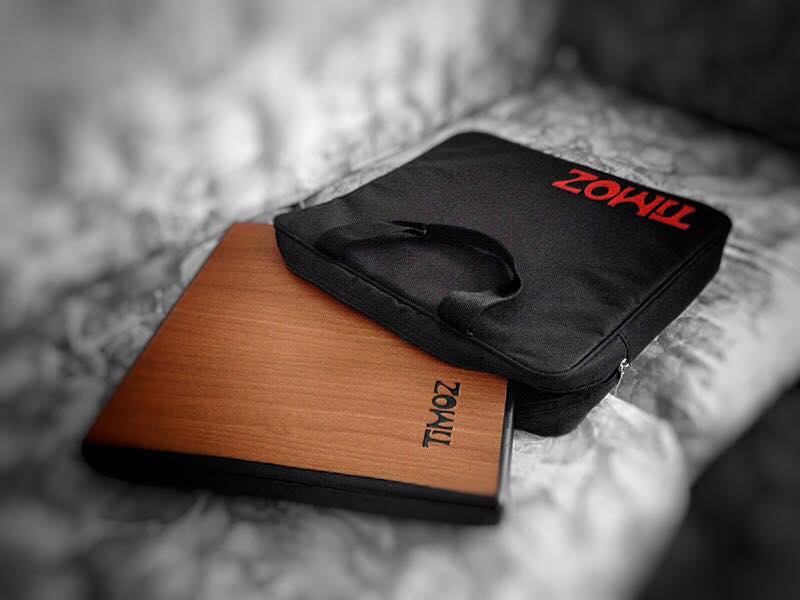
Even so, with the bad marketing and all, God has blessed Derek’s business and it has grown tremendously, considering the odds. Through word of mouth, TiMOZ has made its way around in the region’s music community and gained a healthy reputation.
“I am very confident that I actually make the best cajòns in South East Asia for their price and I am even willing to be proven wrong.” Derek said without a hint of arrogance. “I am quite sure that the Classic 2.0 series after late 2014 is probably the best sounding and value for money cajon around.”
Having tried out many different types of high quality cajòns from Europe, Derek dares to say that his cajòns are compatible to that range. Seasoned percussionists have tried out his cajòns and immediately wanted one for themselves, and there have been instances of people getting Derek’s number to place an order just from hearing a TiMOZ cajòn being played from the stage at an event or gig.
The unique sound quality his cajòns produce are the result of careful research and calculations on his part, along with lots of trial and error. Coupled with hours of careful and intense labor, TiMOZ cajòns look as good as they sound. Derek also attributes his success to God. “I would actually say that the Holy Spirit is the one who taught me a lot of stuff.”
He went on to tell of how he would run into complications with the different properties of wood density and other materials and couldn’t figure out the many variances and factors in play when he would wake up in the middle of the night from a dream. “A couple of times, God actually spoke to me, telling me, this is how to do it.” He would then rush to his workshop, work through the night, and arrive at the sound he had been working to achieve. “Thank You, God!” He would say.
It’s no wonder then, that TiMOZ cajòns sound so good! The Creator of the Universe literally had a part in its design. Derek is currently in the process of restructuring his business and looks forward to TiMOZ eventually becoming internationally known and using it as a platform for missions.
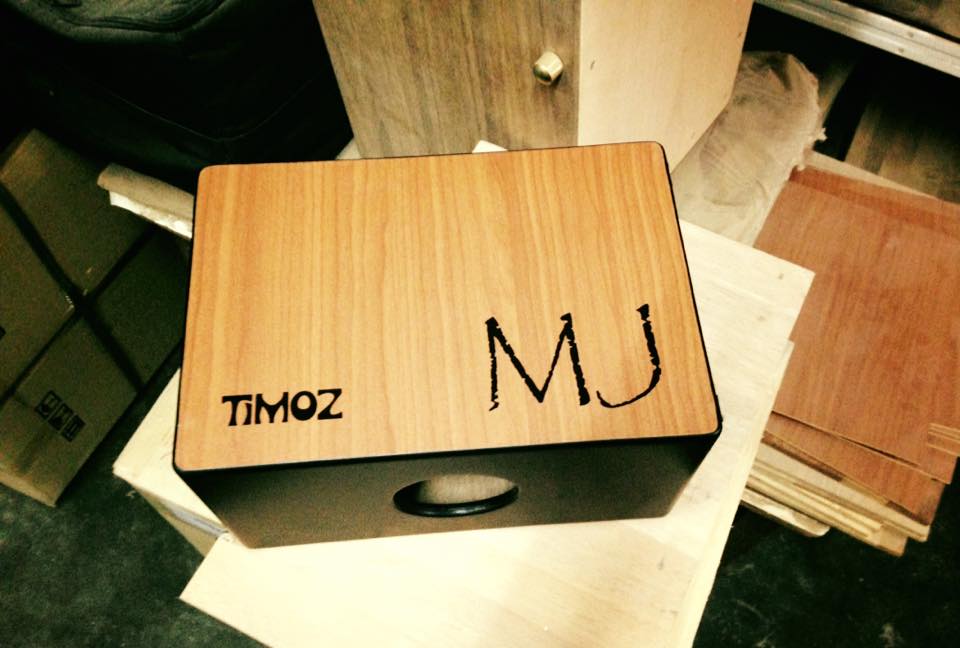
“From a purely business point of view, this is a failed business,” Derek laughed. “There were four or five times when I would have closed down because I was going broke, but all those times, God was asking me if I trust Him. It was deeper levels of surrender every time.”
And the Lord would pull through in totally unexpected ways. “It’s amazing to see how quickly things would turn around. Suddenly, people will call or drop by. Orders would start coming in. It has been an amazing journey of faith. I can easily give all this up and move back to KL, work as a project manager or IT consultant and make good money. But I would miss the call of God.”
TiMOZ cajòns come in all shapes and sizes. Derek customizes orders and isn’t intimidated by new ideas. Most of his products are made of local Malaysian wood. He even makes seasonal durian wood cajòns! For more information about TiMOZ cajòns, check out its website and Facebook page at the following links:
http://www.timoz-percussion.com/
https://www.facebook.com/Timoz.Percussion
|Share The Good News|




Leave a Reply